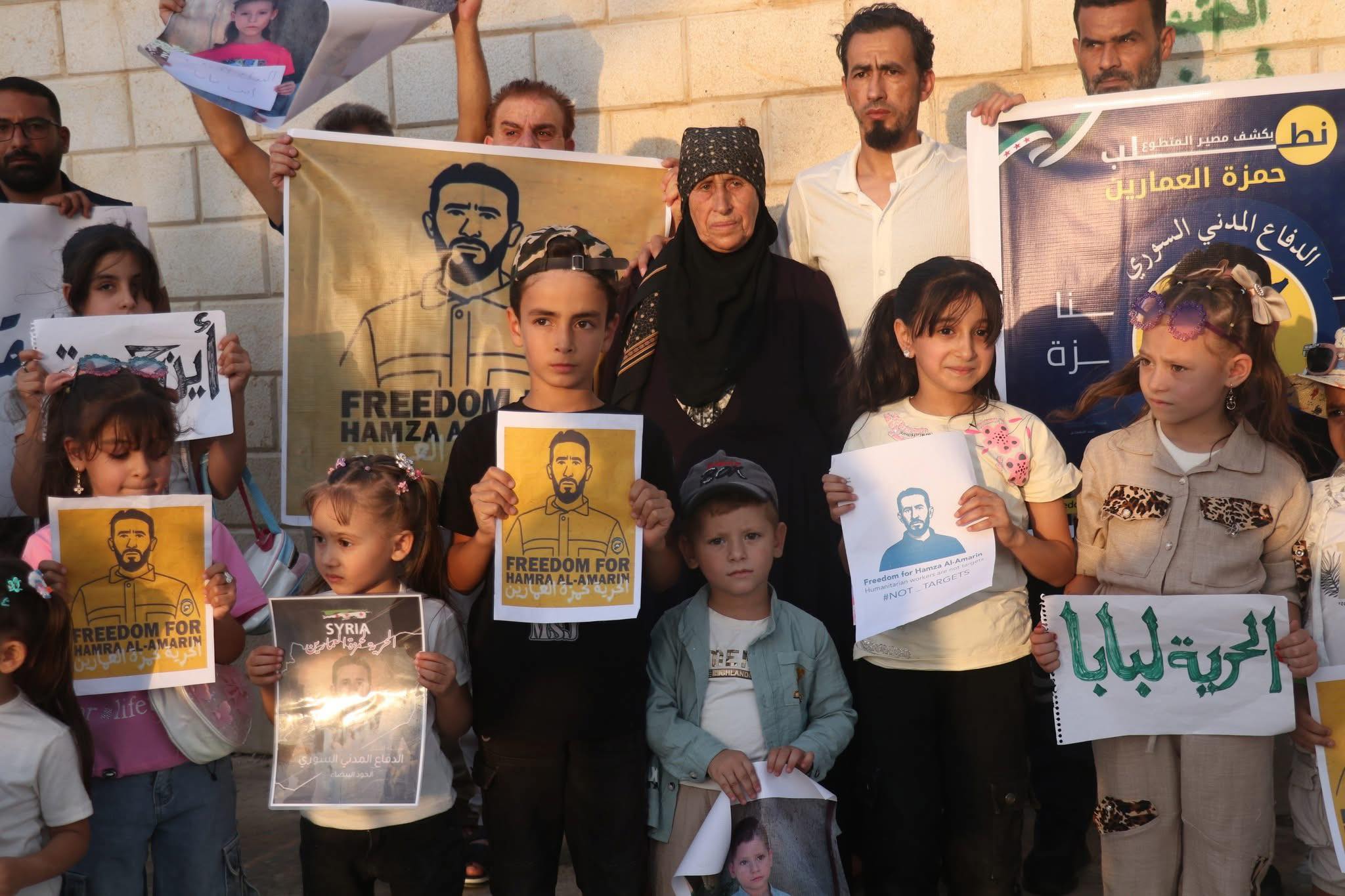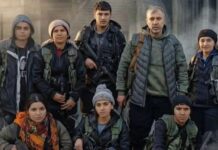
The fate of Syrian Civil Defense volunteer Hamza al-Amarin remains unknown two months after his abduction in Suwayda, southern Syria. Amarin, 34, was taken on July 16 when a local armed group intercepted his vehicle at the Omran roundabout while he was assisting in the evacuation of United Nations staff, according to the White Helmets.
Shortly after his disappearance, an unidentified caller answered his phone and told his colleagues he was “safe” and would be released “in a few days.” His wife briefly spoke to him, hearing him say, “I’m fine, I’m in Suwayda,” before the call cut off. No further information about his location has surfaced.
Syrian Civil Defense, also known as The White Helmets, renewed calls this week for Amarin’s release. In a statement, the organization said targeting humanitarian workers “constitutes a flagrant violation of international law and threatens the neutrality of relief work in Syria.”
Family’s Long History of Loss
Amarin’s disappearance added to years of hardship for his family. Three of his brothers—Ammar, Muammar, and Uday—were forcibly disappeared during earlier stages of Syria’s war, according to The Washington Post. His sister, Amra, said, “We lost three, and we can’t bear to lose a fourth. It’s hard for us.”
For over a decade, Amarin lived in northwestern Syria, where he helped establish the White Helmets before returning south after the fall of Assad in December 2024. His reappearance brought hope to his family, only for his disappearance to reopen old wounds.
A Widespread Pattern of Abductions
The kidnapping of Amarin reflects a broader crisis in Suwayda, where waves of abductions have marked recent clashes between Druze factions and Bedouin tribes. Amnesty International reported last month that both Druze militias and Bedouin fighters carried out kidnappings during the fighting, which escalated into one of the bloodiest episodes since Assad’s ouster.
According to Syria TV the US and Syrian government have discussed a prisoner exchange to address the issue, though implementation has faced opposition from some local factions. Meanwhile, hundreds of residents displaced by the violence have begun returning to villages such as Qasr, Anadolu Agency reported, though uncertainty persists.
Unfinished Work in New Syria
Despite the political transition, the issue of enforced disappearances remains unresolved. Human rights groups estimate more than 100,000 Syrians vanished into Assad-era prisons, while others were abducted by armed groups during the conflict. The government created a committee in May to investigate missing persons.
For Amarin’s family, and many others in Suwayda, those efforts remain deeply personal. His children continue to wait for answers, while his sister says she holds on to hope: “I think he is [alive], and I hope he is well.”








